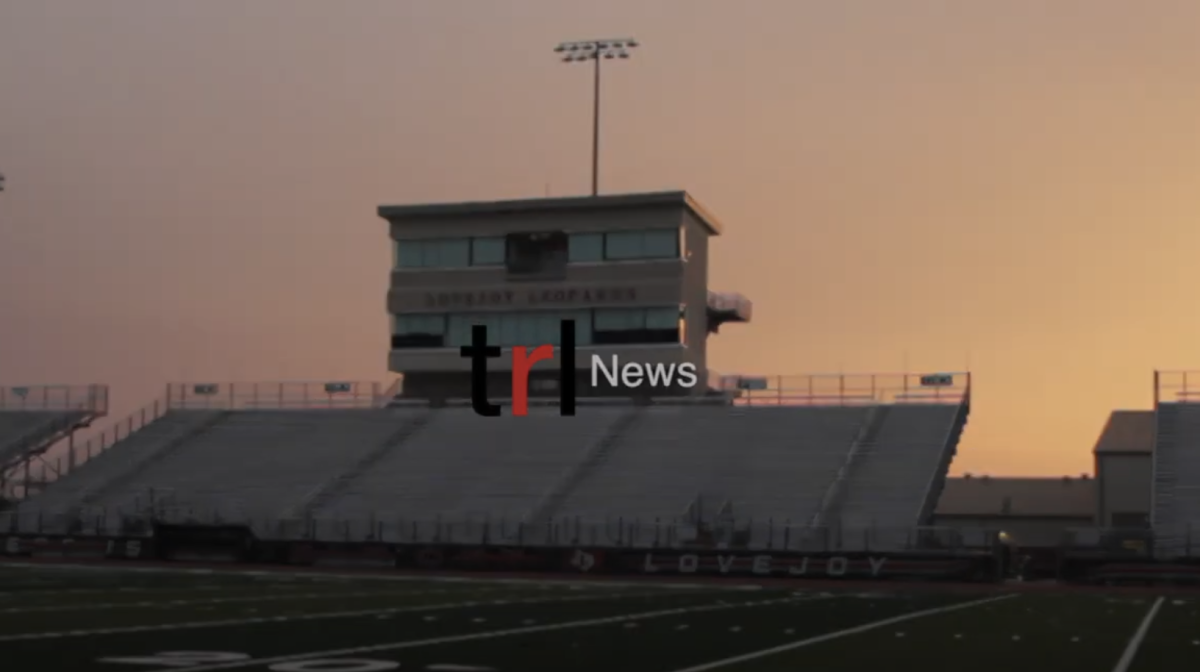On August 13, Rick Perry, addressing a supportive crowd in Charleston, South Carolina, announced his bid for the 2012 Republican nomination for the Presidency of the United States of America. As Perry continues to vie for the presidency, both students and faculty alike have mixed feelings toward the current Texas governor.
Perry entered the Presidential race days after he hosted a prayer rally in Houston attended by more than 30,000 Christians, nearly all of them potential voters. The rally, called
“The Response: A Call to Prayer for a Nation in Crisis,” attracted far more attendants than any gathering hosted by any other Republican Presidential candidates.
“I think that it’s a good thing,” junior Cheyenne Larimer said, referring to Perry’s Presidential run. “I think he’s done a good job in Texas.”
Other students were not as optimistic.
“I think it’s a horrible idea.” Senior Michael King said. “I don’t think he’s qualified at all, and I think that if he wins, it’s going to be bad for our country.”
Both Larimer and King are not alone in their respective views. Supporters of Perry’s presidential proposal cite Texas’ mostly recession-proof economy and job growth as positive factors of his 11-year stint as Governor, but those against the bid disagree, saying the only reason Texas’ economy has remained so successful is because it has received more federal benefits per dollar paid in federal taxes than any other state. This is in addition to budget cutbacks in programs like public healthcare and education.
Among those upset about Perry’s cutbacks to the education budget is administrative assistant Lynda Fleming.
“I just don’t care for the idea,” she said. “I think he’s done some things in the state of Texas, especially in the education financial position, that I think he didn’t do a very good job there.”
Fleming has good reason to complain. In the past session of the Texas Legislature, Governor Perry lobbied for and won a $4 billion cut to the state’s education budget over the course of four years. As a result of decreased funding, school districts are beginning to choose between overcrowded classes or underfunded programs, and they usually find an unhappy compromise between the two.
Under Perry, Texas now ranks, among of the other 49 states, 46th in average math performance on the SAT, 47th in literacy, and 49th in verbal test scores, and overall it is 47th. This is a slight drop from 1998, the year before Perry became governor (Texas was ranked 44th overall that year). But the governor is not all to blame: Texas has had traditionally rough SAT scores, and Perry has shown support for Texas’ education system by heavily defending his provision of in-state tuition to many illegal immigrants attending Texas’ public universities.
Despite Texas’ poor education performance under Perry, some are more objective of the governor. “He’s very charismatic; I’ve seen him several times,” said band director David Bowman. “I’ve played at a lot of political events where he’s attended and he can really charm a crowd. I think he’s got a very good chance of being listened to by a lot of people.”
Already poll results affirm Bowman’s position. Although coming in 6th at the recent Iowa Straw Poll, many surveys currently project Perry and Mitt Romney, the former governor of Massachusetts, leagues ahead against the other Republican candidates. Other polls put Perry ahead of Romney, who has been campaigning for over four months compared to Perry’s one-and-a-half.















